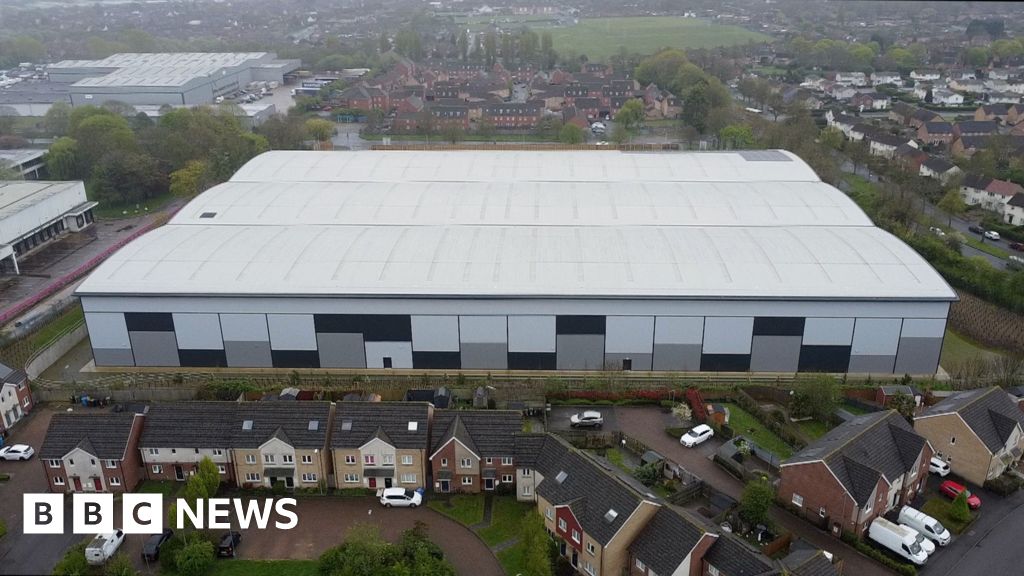Elon Musk's Support for Donald Trump: A Potential Misstep for Tesla?

In a political landscape marked by division and debate, the connection between tech mogul Elon Musk and former President Donald Trump has raised eyebrows. While its no secret that both figures have expressed disdain for certain policiesparticularly regarding trans rights, labor unions, and taxation on the wealthiest individualsthe alliance between Musk and Trump may come back to haunt the Tesla CEO. There have been predictions that Musk might find himself regretting his endorsement of Trump, a figure often criticized for his controversial business dealings and background.
One immediate concern for Tesla is the potential elimination of electric vehicle (EV) tax credits, which have been crucial in promoting the adoption of sustainable transportation. In addition, Trump's previous administrations saw crucial infrastructure funding for electric vehicles slashed, a move that has left many in the EV sector apprehensive. However, the most significant threat to Tesla could stem from Trump's aggressive tariff policies that have already begun to stir up trouble for the company.
Musk, known for his outspoken nature, has criticized Trumps tariff czar in a manner reminiscent of middle school drama, which reflects more than just personal frustration; it points to potential repercussions for his business. Tesla has openly referenced the chaos of Trumps tariffs, cautioning shareholders about the tough year ahead. In fact, the third paragraph of Teslas Q1 2025 quarterly report was dedicated explicitly to this issue.
In their report, Tesla stated, Uncertainty in the automotive and energy markets continues to increase as rapidly evolving trade policy adversely impacts the global supply chain and cost structure of Tesla and our peers. This dynamic, along with changing political sentiment, could have a meaningful impact on demand for our products in the near-term. We remain committed to expanding our business model to include delivering autonomous robots across multiple form factors and use cases powered by our real-world AI expertise to our customers and for use in our factories, as we navigate these headwinds.
Breaking down the statement reveals a lot of underlying tension. The first observation is that Trumps trade war is disrupting free trade, global supply chains, and market prices, all of which are critical for Teslas operations. The implications for Teslas bottom line are significant and could lead to severe financial consequences.
The second point in the report mentions changing political sentiment. This phrase seems vague, perhaps a corporate euphemism attempting to gloss over the ramifications that Musks own public persona has had on Teslas brand and sales. It may refer to the broader political turbulence instigated by Trump or the damage inflicted on Teslas reputation across various markets, including the U.S., Canada, Europe, and Australia. It raises questions about the current state of Teslas public image and its impact on profitability.
The final part of the statement seems to reflect Musk's optimism, proclaiming that advancements in robotics and artificial intelligence (AI) will lead Tesla out of these turbulent waters. However, the ongoing challenges surrounding Teslas market cap and sales performance suggest that this optimistic projection may not be as grounded in reality as Musk would like it to be.
As the situation unfolds, several questions linger. Will Tesla manage to achieve significant breakthroughs that justify its high valuation? Can the company sustain its market share amid declining sales without effective support from its AI and robotics division? Will contributions from vehicle and battery sales be sufficient to keep the company afloat during this challenging time? The uncertainty is palpable.
Moreover, with Trumps tariff war potentially impacting Tesla's sales even further, it beckons the question: how long will it take for Musk and his supporters to recognize that backing Trump for another presidential run might have been a monumental miscalculation? These questions are not just academic; they could have real consequences for Tesla and its stakeholders.
The broader implications of this tariff war extend beyond Tesla, raising concerns about the future landscape of the automotive industry. As the world grapples with trade policies and their effects, the future trajectory of Tesla remains uncertain. What are your thoughts on where Tesla is headed, and what impact do you believe the ongoing tariff dispute will have on the automotive sector?


























